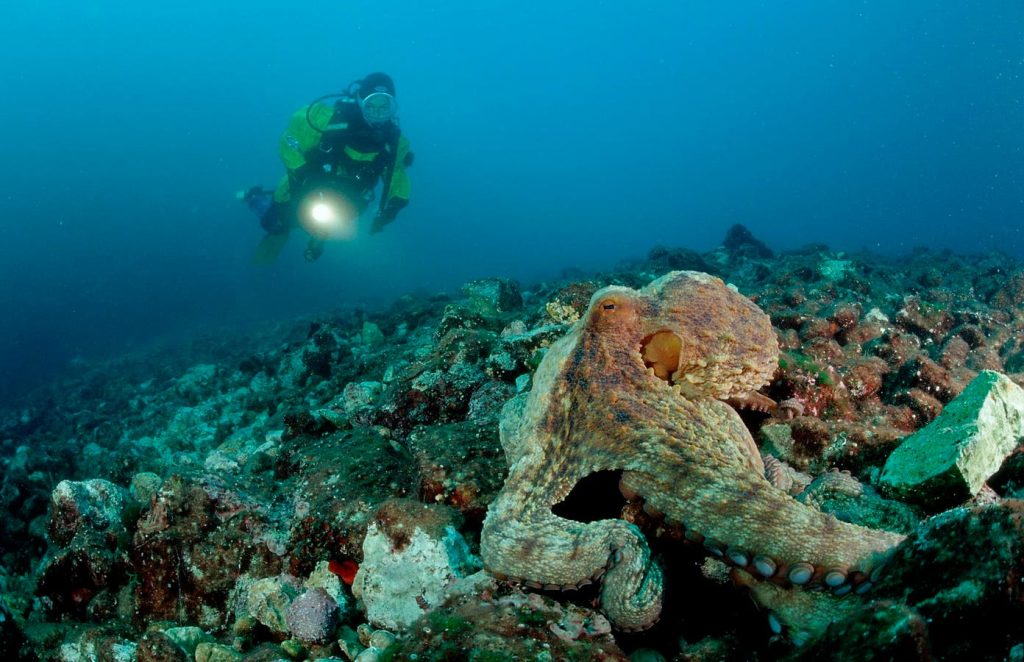In a world where octopuses are often portrayed as menacing creatures in Hollywood films, their intelligence and unique characteristics make them an intriguing subject of study. They evolved long before humans and offer insight into alternate pathways to intelligence. Researchers believe that understanding octopuses could provide valuable information on what sentient aliens might be like, potentially aiding in the search for extraterrestrial life.
While octopuses are fascinating creatures, there are several factors that make it highly unlikely that we will encounter octopus-like space aliens. One major hindrance is their copper-based blood, which is not as oxygen-rich as iron-based blood found in humans. This limits their brain size and ability to develop intellectually. Although iron was available, they evolved towards copper for unknown reasons related to their physiology and available proteins.
Octopuses have relatively short lifespans, with an average lifespan of only three years. This rapid aging process means they do not have enough time to fully develop their intelligence. Despite having large nervous systems and neurons comparable to dogs, their short lives prevent them from gaining the experience needed to utilize their native intelligence effectively. Cephalopods, including octopuses, are solitary creatures with minimal social interaction, hindering their ability to develop culture, cooperation, and technological advancements.
The lack of social structure and cooperation among octopuses makes it unlikely for them to develop civilizations or advanced technology. Their tendency for cannibalism and solitary behavior further limits their potential for societal development. The inability to create fire or smelt metals underwater poses significant challenges for technological advancement. While intelligent octopus-like aliens may exist on water worlds, it would require humans to travel to their planet to interact with them rather than the other way around.
In conclusion, octopuses are unique creatures with fascinating characteristics, but their limitations make it improbable for us to encounter octopus-like space aliens. Their evolutionary history and physiology present obstacles to their intellectual development and technological progress. Despite their intelligence and complex nervous systems, their short lifespans and solitary nature hinder their potential for building societies or advancing technologically. Nonetheless, studying octopuses provides valuable insights into the diversity of life and potential pathways to intelligence outside of traditional human experiences.


